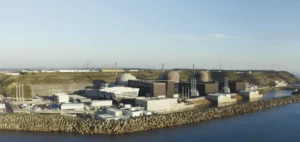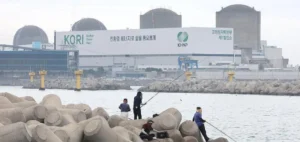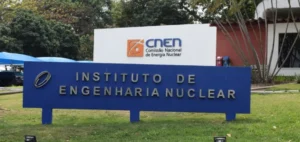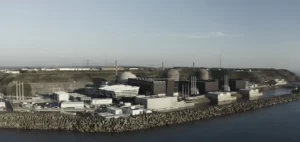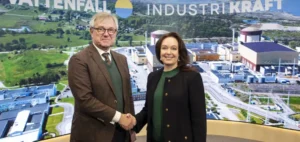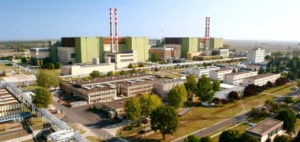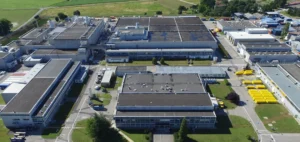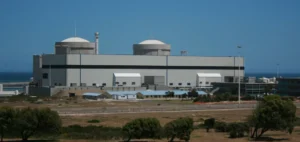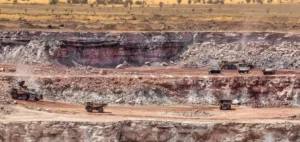London confirmed on Tuesday the exit of the Chinese CGN from the British Sizewell C nuclear power plant project, for which EDF is the main contractor.
The French energy company and the British government will each hold a 50% share in the project, they said. CGN holds 20% of the shares.
“The UK government will take a 50% stake in the project developed with EDF and will work with the company to raise capital,” the UK Department for Business and Energy (Beis) said in its statement.
London will inject about 700 million pounds, according to the British government and EDF.
The French energy company is investing an equivalent amount and will hold a 50% share, on a par with London, Simone Rossi, the managing director of EDF Energy, told AFP.
Ms. Rossi said that London was allocating nearly 700 million pounds “in the two Sizewell C reactors, including the cost of buying the 20% of CGN in the project.
The ministry points out that this is the first direct investment in a nuclear project since Sizewell B, the last atomic power station completed in the UK, was approved for construction in 1987.
CGN had teamed up with EDF as a minority investor at the beginning of the project, but geostrategic tensions with Beijing led London to reconsider this partnership and ultimately prefer to do without the Chinese group.
The former Prime Minister, Boris Johnson, had already confirmed the British government’s commitment to this project and the 700 million pound envelope in the last days before his departure from Downing Street.
Rishi Sunak’s new government had also already confirmed that London would go ahead with Sizewell C in the budget unveiled by Chancellor of the Exchequer Jeremy Hunt on November 17.
On Monday, Mr. Sunak said that the “golden age” between the United Kingdom and China was over, advocating a more pragmatic approach to the “systemic challenge” posed by Beijing after the arrest of a BBC journalist in Shanghai.




